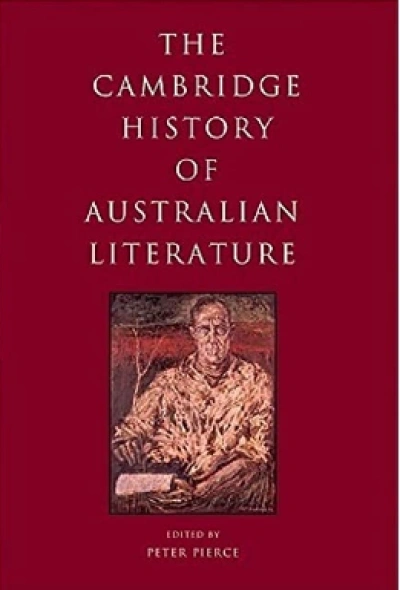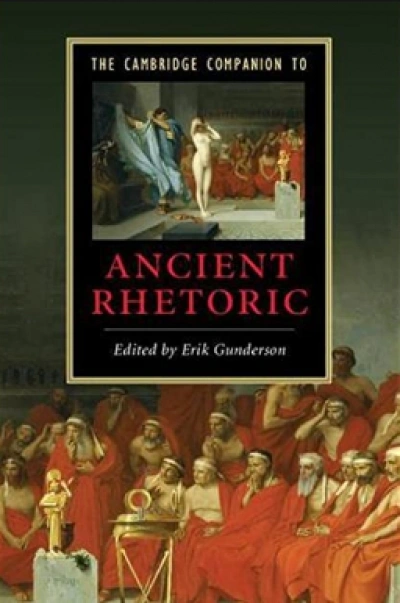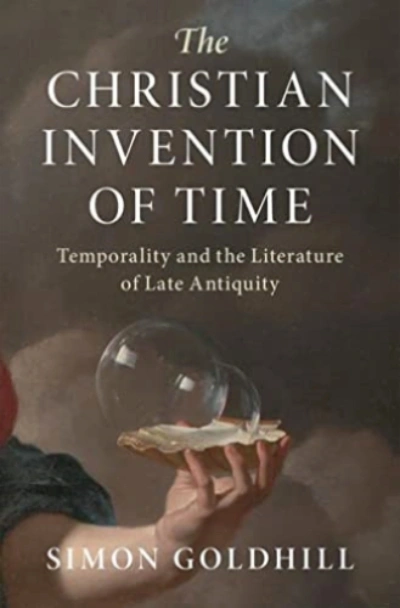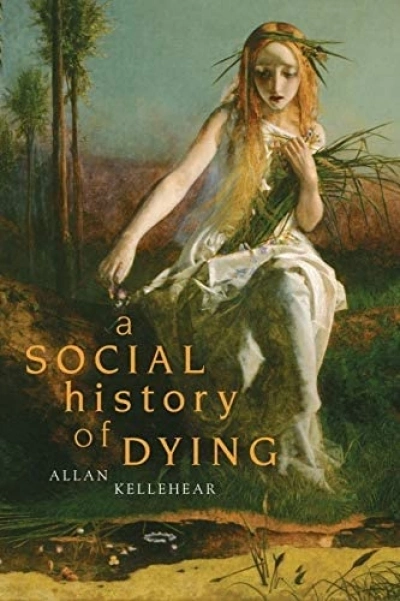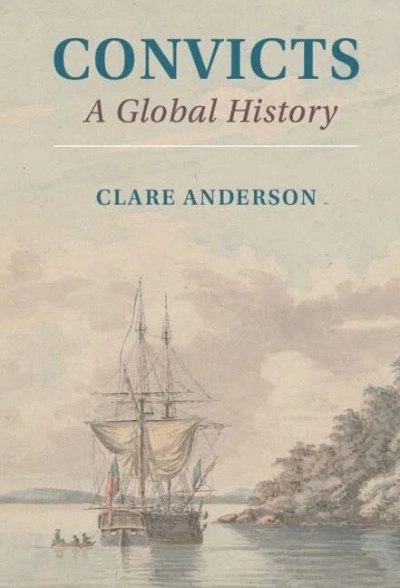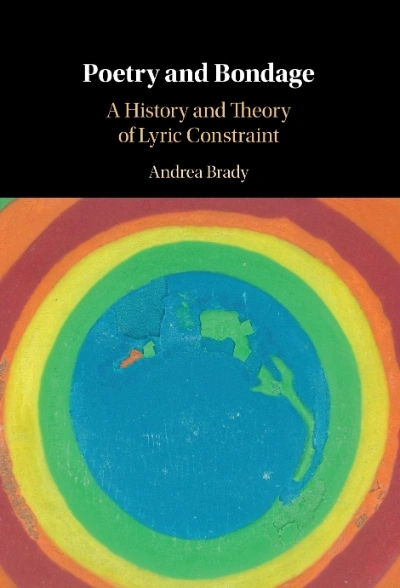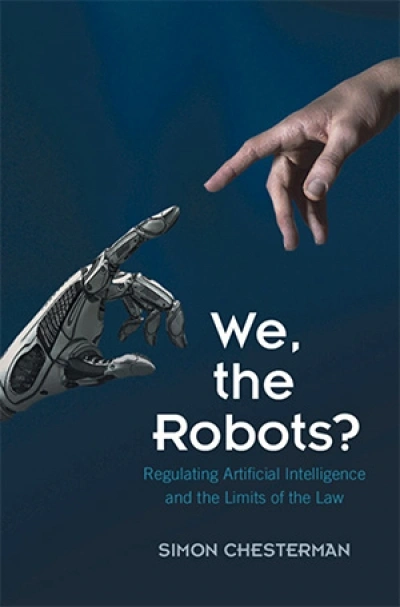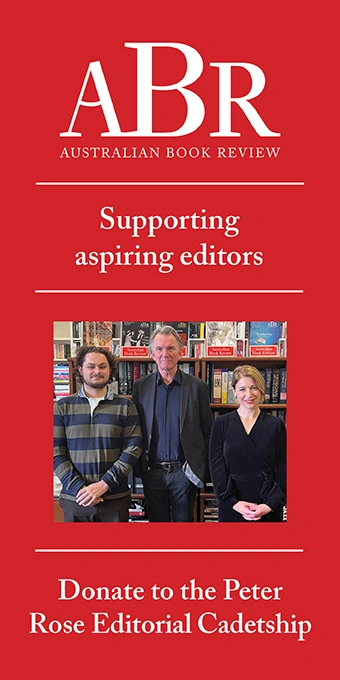Cambridge University Press
Family and Social Policy in Japan edited by Roger Goodman & Feminism in Modern Japan by Vera Mackie
by Chilla Bulbeck •
The Cambridge History of Australian Literature edited by Peter Pierce
by Gregory Kratzmann •
The Cambridge Companion to Ancient Rhetoric edited by Erik Gunderson
The Christian Invention of Time: Temporality and the literature of late antiquity by Simon Goldhill
by David T. Runia •
Return to Vietnam: An oral history of American and Australian veterans’ journeys by Mia Martin Hobbs
by Peter Edwards •
Poetry and Bondage: A history and theory of lyric constraint by Andrea Brady
by John Hawke •
Holding a Mirror up to Nature: Shame, guilt, and violence in Shakespeare by James Gilligan and David A.J. Richards
by P. Kishore Saval •



